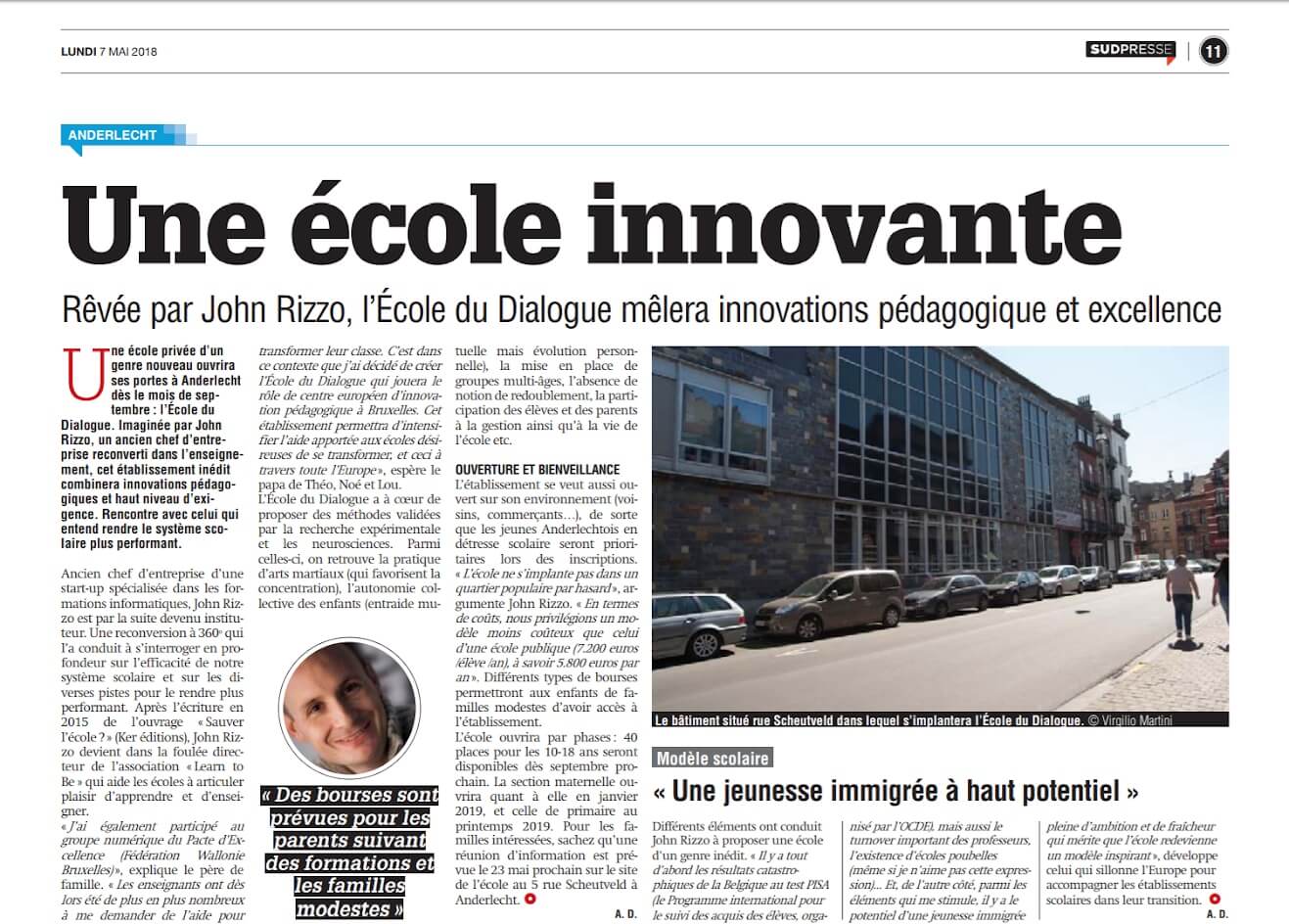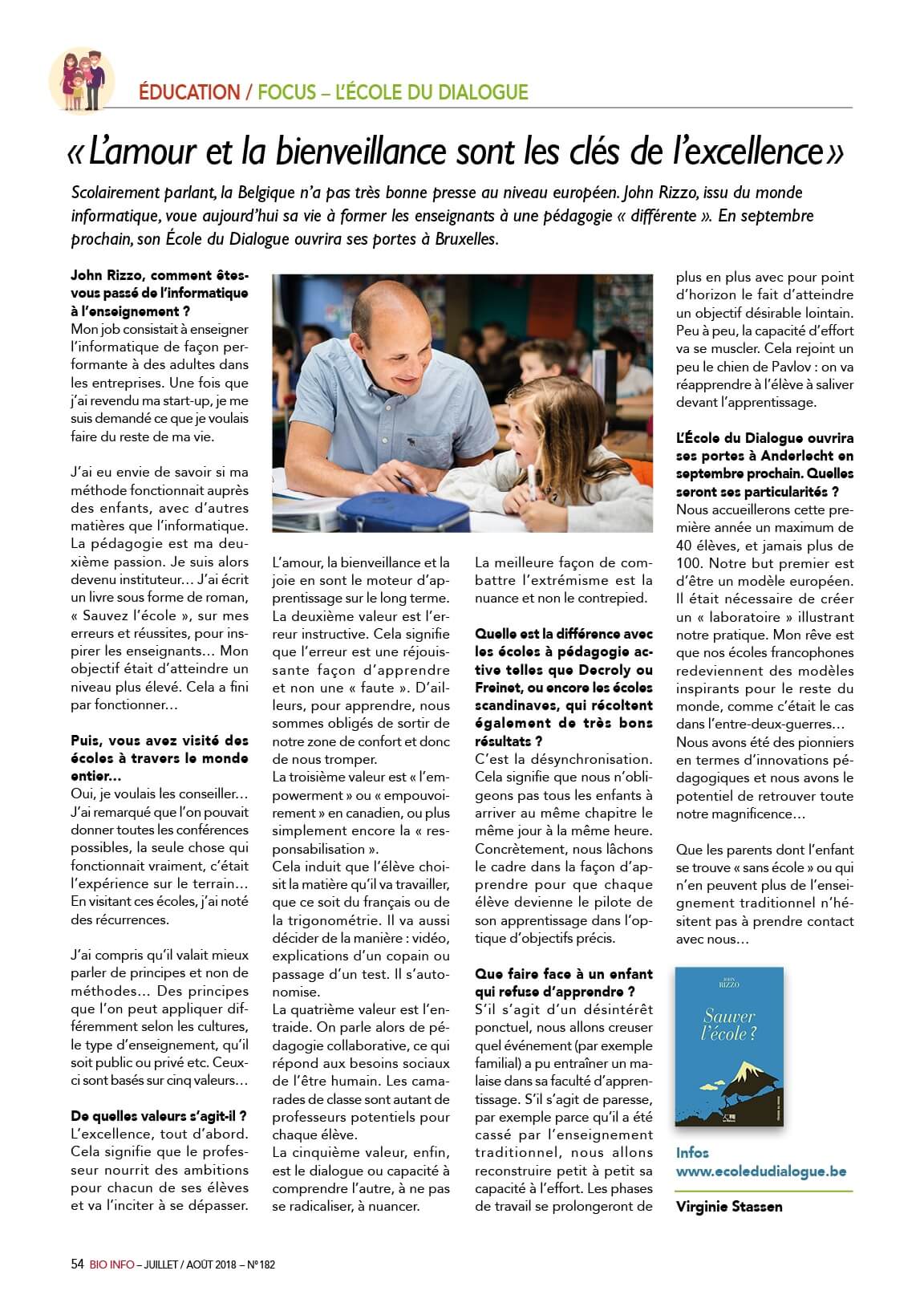The science behind our pedagogy
Zone of Proximal Development
Each student has a different level. In classes with high heterogeneity it is critical to make students learn at their actual level, especially in literacy, mathematics and foreign language acquisition.
But how to define the level of a student?
“In play a child always behaves beyond his average age, above his daily behavior. In play it is as though he were a head taller than himself.”
Lev Vygotsky
Mastery Learning
Mastery Learning is a pedagogical strategy where each learner is required to achieve a mastery before starting the next unit.
How does it impact learners’ achievement?
How does it correlate with immediate feedback, differentiation and mutual-aid?
“Creativity follows mastery,
so mastery of skills is the first priority for young talent.”
Benjamin Bloom
Research in Education
Education has accumulated decades of scientific research.
What are randomized controlled trials?
What is a standard deviation? When do we have double speed learning?
What are the most impactful actions that can be taken in a class or school?
How does it correlates with the School Transformation Lab methos?
“Those teachers who are students of their own impact are the teachers who are the most influential in raising students’ achievement.”
John Hattie
Growth Mindset
Dr. Dweck has been studying the attitudes about failure for thousands of children.
How to define these attitudes?
How does it affect academic achievement?
Why the desire to look smart lowers the learning speed?
How to change the mindset of learners?
“Wow, that’s a really good score. You must have worked really hard.”
Carol Dweck
Positive Discipline
Positive Discipline is a program to influence the behaviour of kids, by building a firm and caring environment.
What is a preventive environment?
What corrective actions trigger behaviour change?
How to inspire intrinsic motivation?
“Where did we ever get the crazy idea that in order to make children do better, first we have to make them feel worse? Think of the last time you felt humiliated or treated unfairly. Did you feel like cooperating or doing better?”
Jane Nelsen


